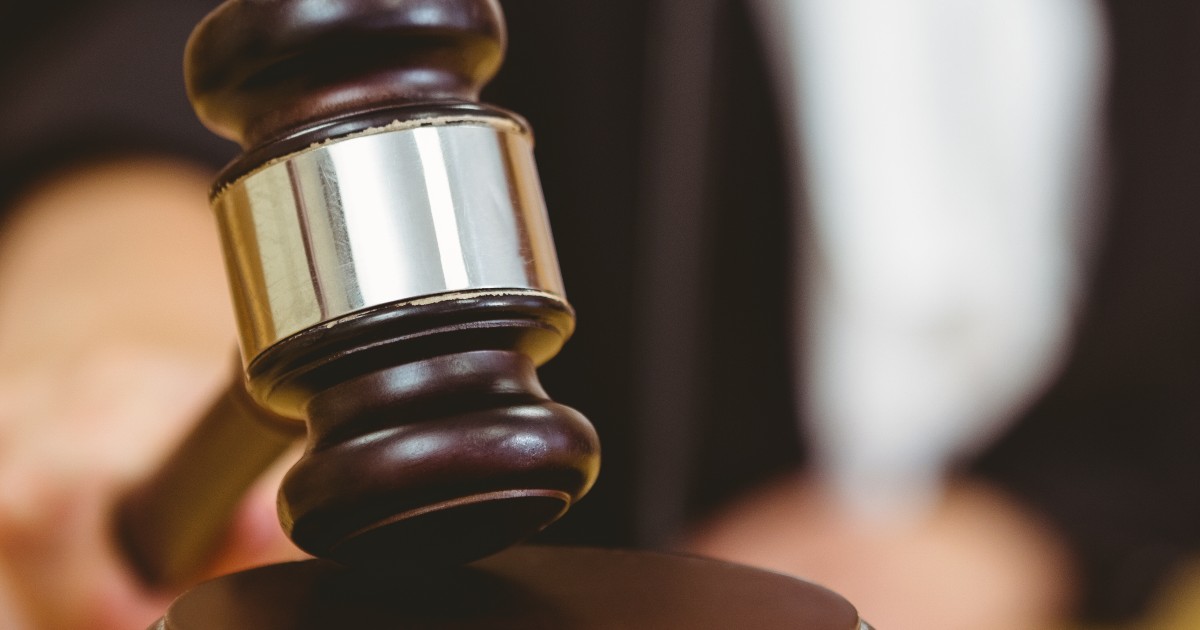OpenAI, a leading artificial intelligence research lab, dismissed the copyright lawsuit filed by the New York Times (NYT) as “meritless.” The lawsuit uncovered by the NYT accuses OpenAI of using the newspaper’s content without permission to train AI chatbots, including GPT-4 and DALL-E 3. This move by the NYT represents a significant challenge in the rapidly evolving landscape of AI and copyright law.
In December 2023, the NYT filed a lawsuit against OpenAI and Microsoft, alleging that they used the Times’ copyrighted content to train generative AI models. The lawsuit, which has become a hot topic in the AI community, claims the actions were taken without permission or compensation and could potentially cost the NYT billions of dollars in damages.
However, OpenAI refuted these claims. In a public response, OpenAI reiterated its position that training AI models using publicly available data, including the NYT article, constitutes fair use. The company argues that this approach is essential to the innovation and competitiveness of OpenAI in the U.S. It also addresses the “backflow” problem, where AI models output training data verbatim, which is less likely to happen with data from a single source: the user. ‘Responsibility to prevent intentional misuse of models.
Interestingly, OpenAI has been in constructive discussions with NYT about forming a partnership. These discussions went smoothly until the lawsuit was filed, which was a surprise to OpenAI. The company believes that this legal action does not represent the common use or intent of AI models and sees this as an opportunity to clarify its business practices and technology developments.
The NYT lawsuit is part of a trend in which content creators, including artists and journalists, are challenging the use of their work to train AI systems. Other lawsuits have been filed against OpenAI and similar companies for copyright infringement. This legal backlash signals widespread concerns about the ethical and legal implications of AI in the creative and media industries.
In particular, some media companies have chosen a different path, such as signing licensing contracts with AI companies. For example, the Associated Press and Axel Springer signed an agreement with OpenAI, which represents a potential collaborative approach to solving these problems. However, these contracts are often relatively small amounts, especially considering the revenue of AI companies like OpenAI.
The litigation and issues arising around AI and copyright law will be a critical moment in defining the boundaries and responsibilities of AI developers and content creators. As events unfold, they will undoubtedly have significant implications for the future of AI, journalism, and intellectual property.
Image source: Shutterstock

